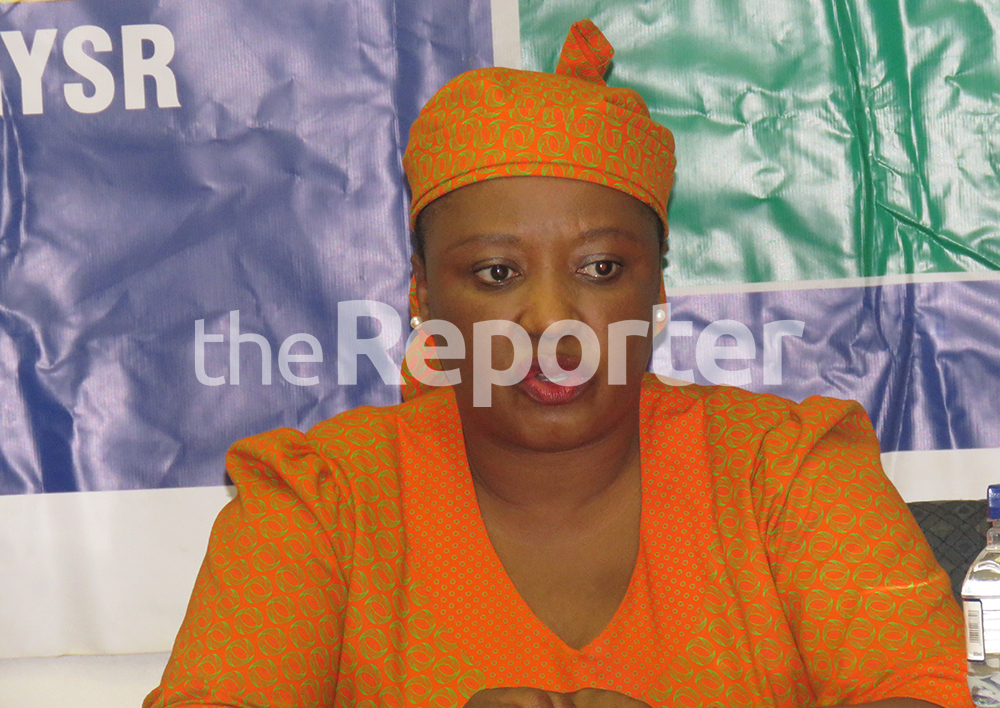This week we take a break from the product awareness and allow readers to digest on the previous articles on liability insurance. The focus this week is on insurance fraud and to explain how it affects the market in general, other policyholders and the perpetrator. It should be avoided at any cost.
What is Insurance Fraud? In simple terms, insurance fraud is where one sets derive a benefit from an insurance policy which they are not entitled to. The person committing such will aim to give false information to receive more value in terms of coverage of money than is rightfully deserved. Therefore by definition its an intentional act to prejudice the insurance company and thus it is a criminal act. Misrepresentation of material facts can be considered as Insurance fraud. If the intention by the policyholder is to prejudice the insurer then this becomes a fraudulent claim and the insurer will not honour the claim and has the right to cancel the policy as well.
How does the insurance policy respond? Most insurance policies have the fraud clause, which allows the insurance company to avoid payment of a claim. It stipulates that the policyholder forfeits the benefits of an insurance policy if they commit fraud. The insurance policy can also be cancelled, and no premium refund will be given. So it is not worth it for the policyholder to commit fraud because the risk of forfeiting premiums and policy benefits are high. The reason why the contract may be set aside is that the insurance contract is based on utmost good faith between the policyholder and the insurance company. At all times, both parties have to be transparent and honest with each other. In the modern days, insurance companies have fraud detection systems and controls that are deployed within the line of business system. The main challenge is that the insurance fraud is not defined in the policy, and hence the need to explain further what can be considered as fraud.
What is considered as a fraud in the insurance market? Insurance fraud covers several areas and varies widely in its nature. Fraud is broadly defined into two categories, namely soft and hard insurance fraud. The soft fraud is unplanned and arises when the opportunity presents itself. It is the significantly more prevalent form of fraud. This includes the exaggeration of a legitimate claim and involves taking advantage of a claim. Hard fraud is predetermined and deliberate in nature. The person creates the claim, for instance, setting a vehicle ablaze or pushing a vehicle over the cliff under the pretext of an accident.
Here are some examples of cases of insurance fraud. Sometimes we act in ignorance, and yet at law, ignorance is no defence.
- Creating an entirely staged event
- Arson for profit or deliberate damage to property, for example, dropping a cellphone in water
- Disaster fraud – falsify claims information
- Sliding – an agent sells an unsuspecting consumer much more coverage than is needed
- Vehicle scams intentionally causing an accident, fabricate an accident, conniving with a panel beater offering to hide excess in cost of repairs
- Backdating of the insurance cover
- Overvaluing the asset that you are insuring
What is the cost of fraud to the insurance industry? Insurance fraud costs are enormous and affect the premiums that all of us pay when we need to buy insurance products. It is estimated that it costs USD40 Billion per annum in the USA, according to the FBI. In the United Kingdom, it is estimated that fraud constitutes £5 billion in annual losses, according to the Serious Fraud Office. In South Africa, it costs the insurance market close to R1Billion in fraudulent claims. In Lesotho, we don’t have a systematic way of quantifying and publishing the statistics. It is therefore difficult to report losses due to fraudulent claims. It is imperative that the Insurance Association of Lesotho may need to consider. It will assist in knowing how much the insurance market is loosing out. When the claims pass through as a legitimate claim, when it comes to the pricing of the products insurance companies incorporates such. Now imagine that the premiums for Motor Insurance could be much cheaper than what we are paying now.
What is the other impact of Insurance Fraud? Insurance is based on pooling resources together and is in a position to pay legitimate claims. If the insurance fraud goes unchecked, it will cause a depletion of the pools that are set up by the insurance companies, and this will lead to the company closures. Depletion of the pool means that the illegitimate claims or undeserved claims will disadvantage those that are genuine, and this might lead to loss of covers by innocent individuals. Exaggerated loss ratios increased premiums and a decline in demand for the product. The products may disappear because of the unsustainability. The other downstream consequences are too many to mention. There will be a decline in the profitability of the product and the insurance company. Once there is no profitability investors become weary and will not invest in the insurance sector. The result is that we all lose out if we allow insurance fraud to permeate through the insurance pools.
If you are a perpetrator, how will you be affected? The insurance company has several options that they may consider if they manage to establish that you intended to defraud them. The policy will be cancelled, and the premium will not be refunded. They can avoid the insurance policy from inception and therefore may recover claims that were paid prior. The misrepresentation will result in cover being null and void. The insurance company may also claim the premiums if they had undercharged the risk. The cost of investigations or other claims costs may be recovered from the perpetrator. Last but not least the insurer has the right to pursue the fraudulent act as a criminal case which might result in imprisonment. The costs of insurance fraud are too high at an individual level and should be avoided.
What can we do as a market and policyholders? The most important aspect is that policyholders should never allow this to crip in. When you become aware of such, it is vital to inform the insurance company so that we save the industry and many jobs. Insurance companies have to invest in fraud detection mechanisms and systems so that they also protect the industry from bad apples. At the industry level, the insurance companies should be more organised such that information of perpetrators is shared and not allow those who abuse insurance pools not to be allowed. In the banking industry, we have the Credit Bureau that shares the records of those that they fail to pay back loans and the rating is shared. Insurance products can be more affordable if we all work towards weeding out insurance fraud.
We need to acknowledge and applaud the Insurance Association of Lesotho’s effort in the previous month for sending out a warning in the various media against insurance fraud. More action is required to safeguard our industry. Maybe its time for formation of Insurance Fraud Bureau.
▀ Amon Rupiya is an experienced insurance practitioner qualified with a Masters in Insurance and Risk Management. He writes in his personal capacity and views does not represent the company he is working for. Please note that the content provided in this article is intended as an overview and as general information only. Before making any decisions based on the information provided in this article, please use your discretion and seek advice from an insurance broker or agent. Feedback and questions send email to amonfield@gmail.com










